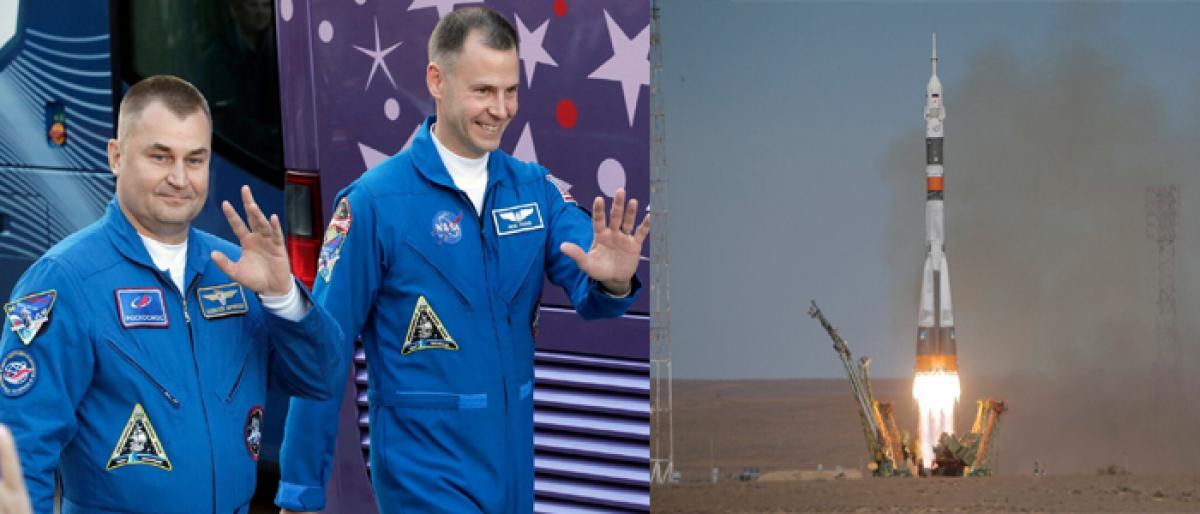Live
- Fijian Deputy PM expresses concern over skilled labour shortage
- Ludhiana court awards death penalty to woman for burying alive toddler
- Uniqus Consultech raises funds from Nexus Ventures, other investors
- As BJP hopes to retain Vadodara, Congress determined to give a fight
- PM Modi took decisive steps to bring peace in Northeast: BJP chief Nadda
- Excise policy case: Delhi court extends Manish Sisodia's judicial custody till April 26
- Another case booked against KCR's nephew
- ‘Sandhyaragam’ director Srinivas Nedunuri gets honoured at Ugadi Awards held by World Records Foundation
- IPL 2024: Devon Conway ruled out due to injury, CSK name Richard Gleeson as replacement
- KK Raju Conducts Enthusiastic Election Campaign in Visakhapatnam Constituency"









